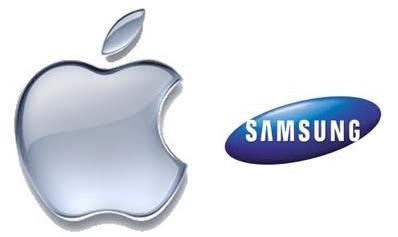A recent study by Forbes have listed a plethora of tech brands as the most powerful. Tech brands take four out of the five top spots and just over half of the top ten. As claimed by Online brands,
Apple’s brand worth doesn’t seem to be rotting any time soon – with a net worth of $104.3 billion this should be no surprise.
Microsoft is struggling in second with a brand value of $56.7 billion. As claimed by Forbes, their struggle can be largely attributed to them struggling to transition from a PC to a mobile world.
One has to wonder how such strong brand loyalty in the tech industry could harm technology developments.
The rankings are as follows:
2. Microsoft
3. Coca-Cola
4. IBM
5. Google
6. McDonald’s
7. General Electric
8. Intel
9. Samsung
10. Louis Vuitton
Does the power of tech brands say much about how the technology industry is performing as a whole? It’s likely not, as branding has more to do with consumers perceptions and cannot be generalised for an entire industry.
But this trend does tell us one thing: consumers on the whole are likely to be more brand loyal to technology firms than any other industry, even more so than soft drinks. And Americans are known to be very brand loyal to soft drink brands!
You could infer from this that the more brand loyal techies are to their brands, the less room there is for innovation. Although Apple, Microsoft, Google, GE and Samsung are innovative, they tend to have stayed within their comfort zones recently (with the exception of Samsung and GE.) They have been focused on mass producing goods within single categories and enhancing existing products, rather than creating new ones. Google’s most unique and recent innovation was GoogleNose and that was only an April fools joke!

The most creative and revolutionary innovations tend to have come from outside these valued brands. Take for example the 3D printer, the Martin jetpack and the hover bike! If techies are fiercly brand loyal, do small but innovative firms have the opportunity to flourish?



